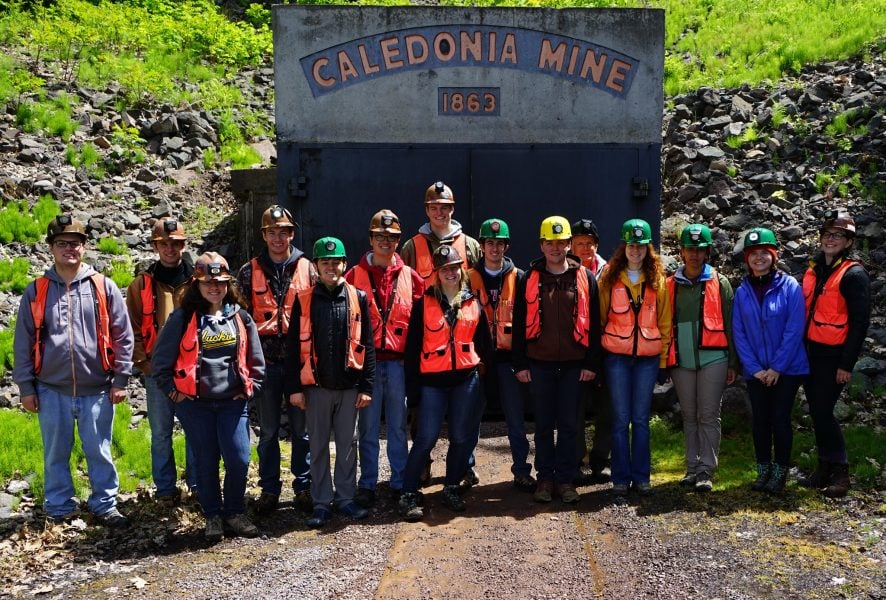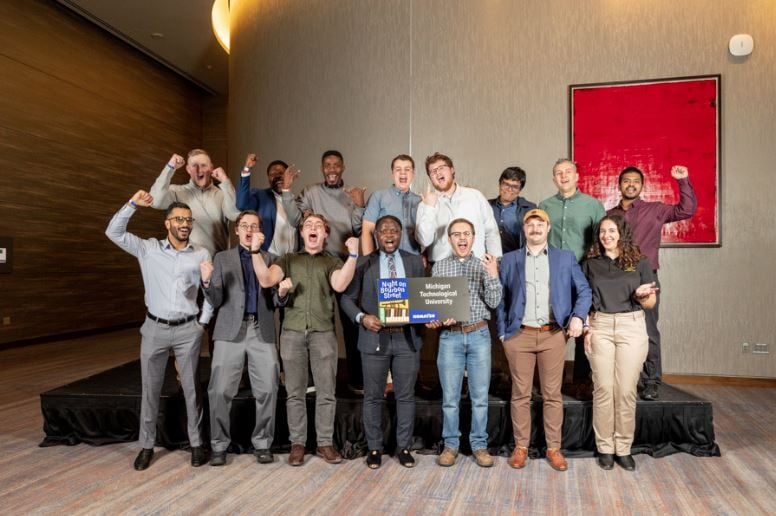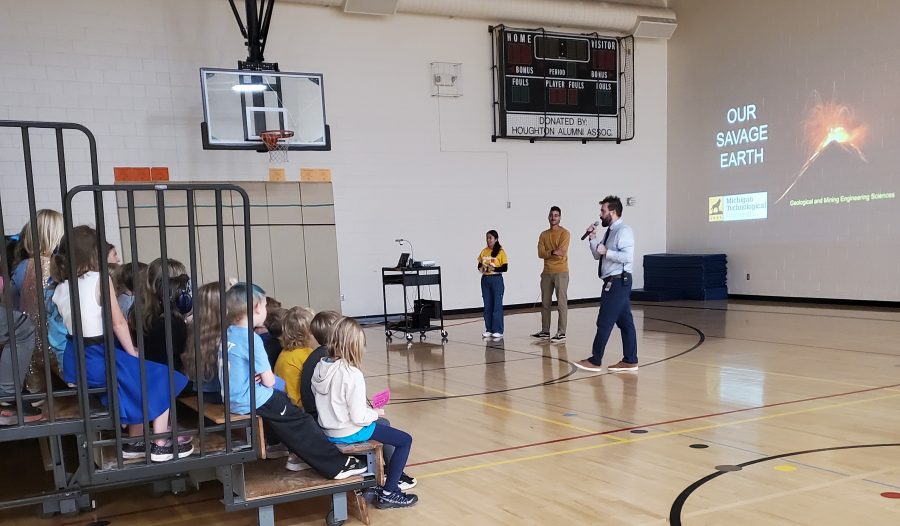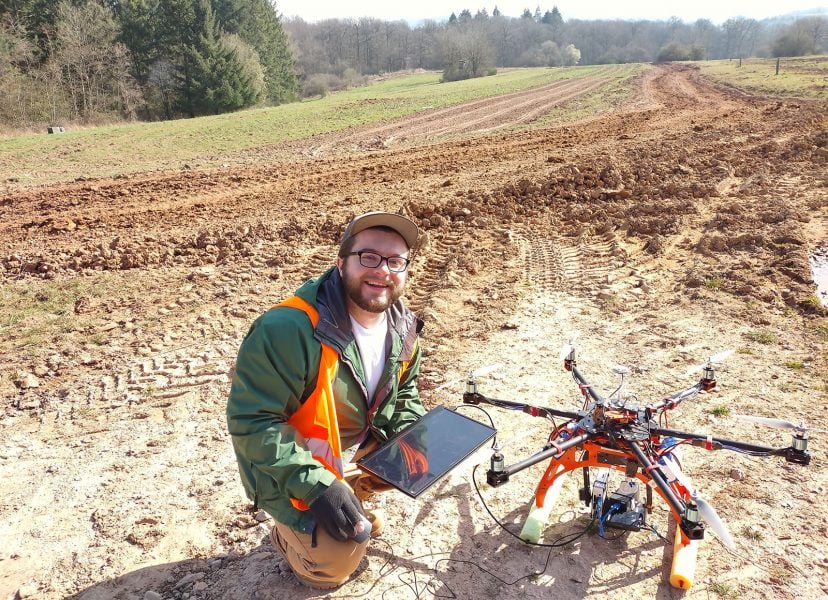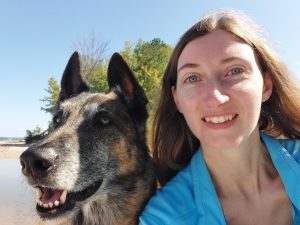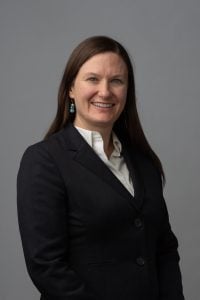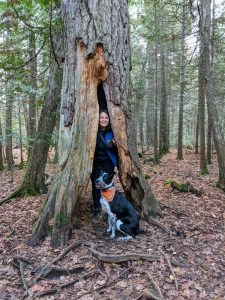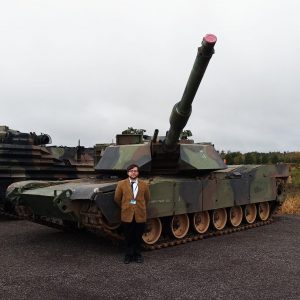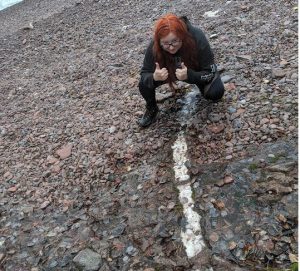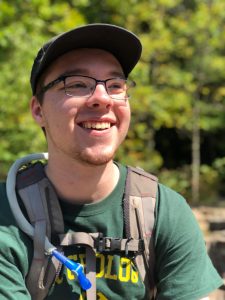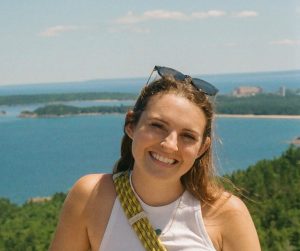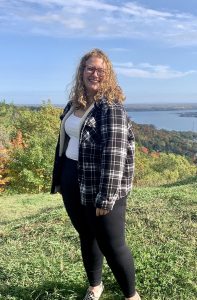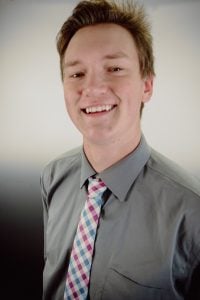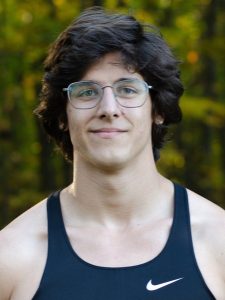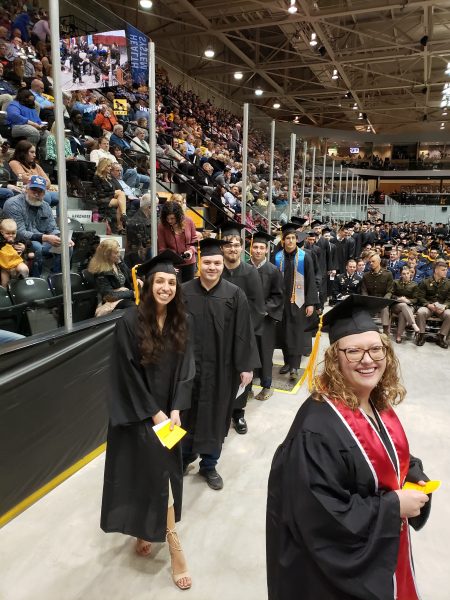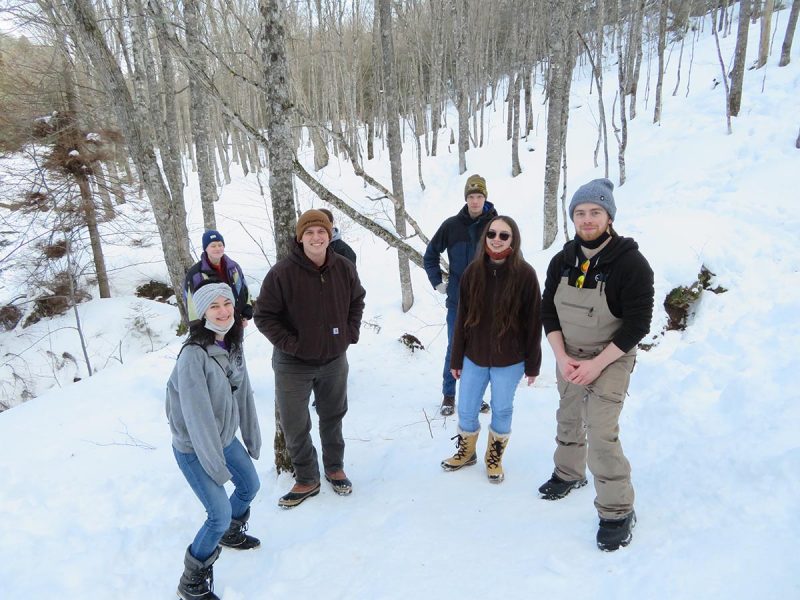You are invited! The Department of Geological and Mining Engineering and Sciences (GMES) is hosting an alumni social in conjunction with the MineXchange 2024 SME Annual Conference in Phoenix, AZ, from 5:30-7:30 PM on Tuesday, February 27, 2024, at the Sheraton Phoenix Downtown.
Plan to attend and network with MTU alumni from all facets of the SME community, plus take the time to meet the newest huskies as they embark on their professional careers in the industry.
Michigan Tech’s AggCelerate team, advised by Dr. Manser, has advanced to the top six nationally in the SME/NSSGA Student Design Competition. The second phase of the competition will take place during the SME Conference.
Michigan Tech will be competing against runner-up teams from the University of Kentucky, Virginia Tech, University of Arizona, West Virginia University, and Missouri University of Science and Technology. Student teams will have one weekend to solve a design problem and present their findings to a panel of judges. The competition is designed to simulate an engineering project prepared by an engineering group for a company.
Michigan Tech team members, listed in alphabetical order, are:
- Cassie Burch (Junior, Geological Engineering)
- Aiden Harmon (Junior, Mining Engineering)
- Lucas Maxon (Sophomore, Mining Engineering)
- Ian Repic (Senior, Mining Engineering)
- Nathan Seidel (Senior, Mining Engineering)
- Grady Williams (Junior, Mining Engineering)
Event and Student Travel sponsorship opportunities are available at this time for 2024 in Phoenix and 2025 in Denver; please contact Nathan Manser (ndmanser@mtu.edu) for more details.
